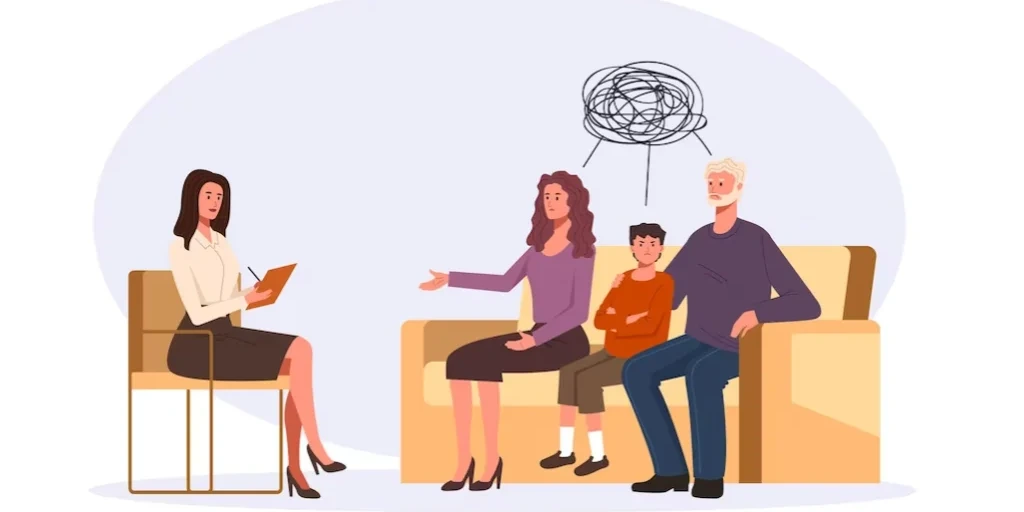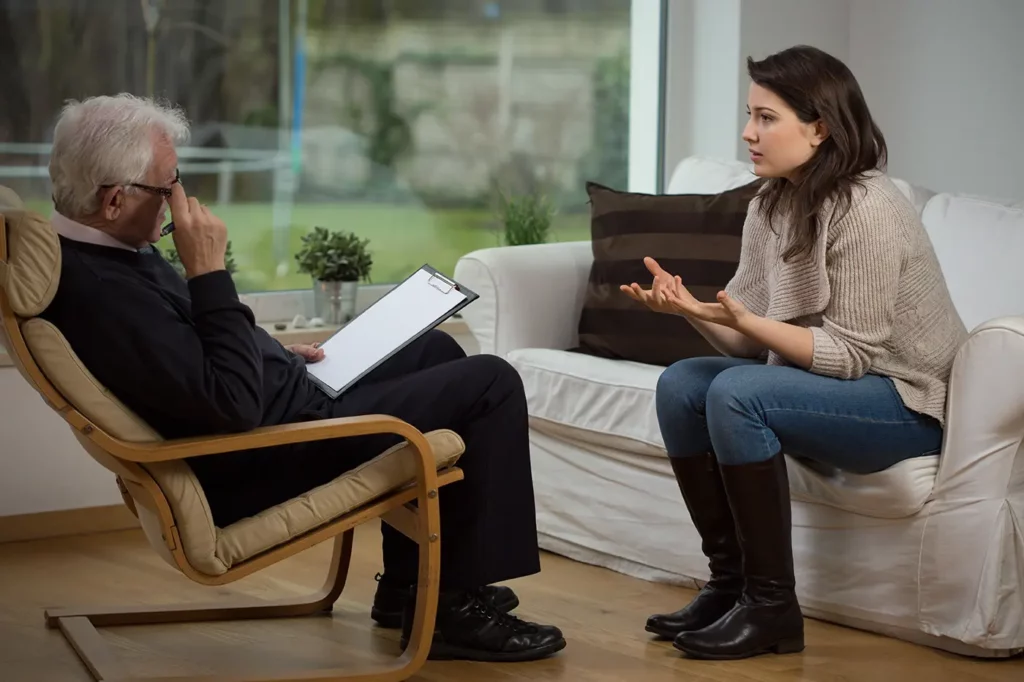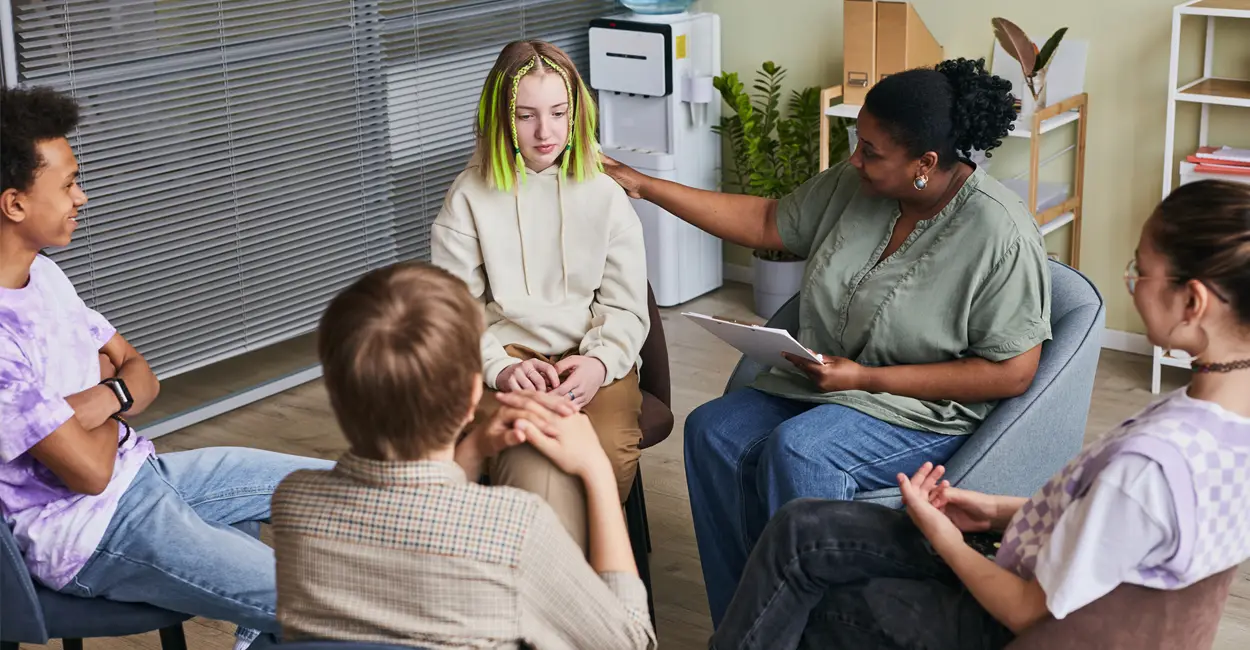24/7 Helpline:
(866) 899-221924/7 Helpline:
(866) 899-2219
Learn more about Group Therapy centers in East Bend

Other Insurance Options

Sliding scale payment assistance

Health Net

ComPsych

Lucent

Carleon

Amerigroup

MVP Healthcare

Optum

PHCS Network

Magellan Health

Ambetter

Absolute Total Care

UnitedHealth Group

United Health Care

CareSource

Health Choice

Medical Mutual of Ohio

Highmark

Anthem

Self-pay options













